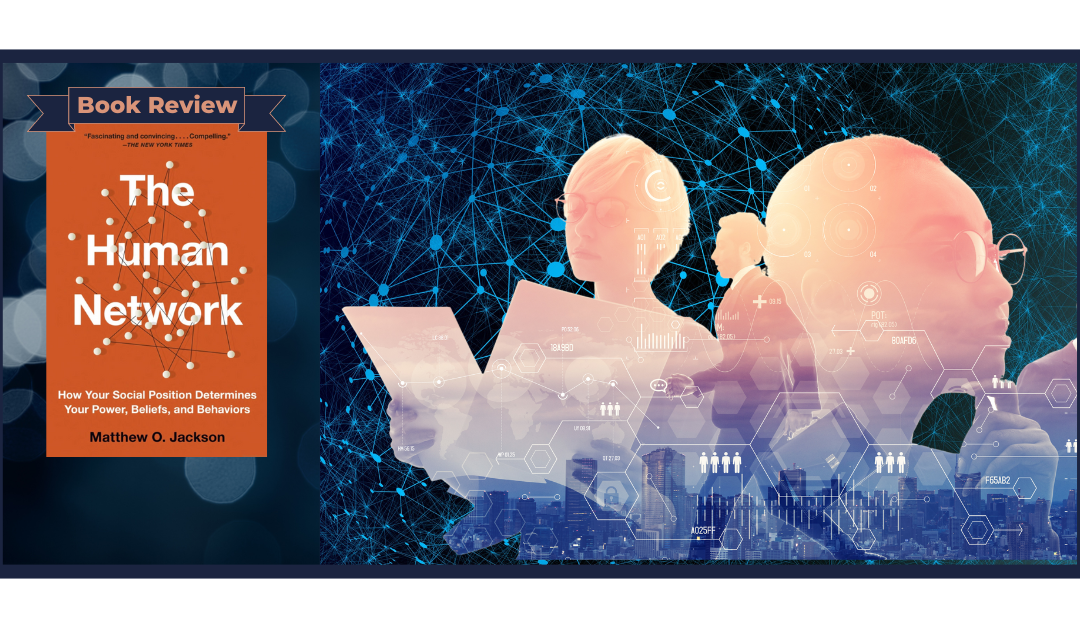The Human Network by Matthew O. Jackson is a fascinating exploration of the power of social networks in shaping our beliefs, behaviors, and, ultimately, our position in society. One of the book’s key themes is the idea that our social position within a network can profoundly impact our behavior and attitudes. Jackson argues that individuals who occupy central positions within a network have greater power and influence than those who occupy peripheral positions because central individuals are better able to control the flow of information within the network and coordinate the actions of others.
This insight is valuable from a conflict resolution perspective because it highlights the importance of understanding the underlying power dynamics in a conflict situation. By identifying the central individuals within a network, mediators can gain insight into the sources of power and influence that drive the conflict and work to address them constructively.
Another key theme of the book is the idea that our social networks profoundly shape our beliefs and attitudes. Jackson argues that our social environment influences our behavior and attitudes and that individuals embedded in different social networks are likely to hold very different views on various issues. From a conflict resolution perspective, this insight is crucial because it highlights the need for mediators to consider the broader social context in which a conflict is unfolding. By understanding the social networks influencing the parties’ attitudes and beliefs, mediators can work to bridge divides and find common ground.
The Human Network is a thought-provoking and insightful book that offers valuable insights into the power of social networks to shape our behavior and attitudes. From a conflict resolution perspective, the book highlights the importance of understanding the underlying power dynamics and social context that drive conflicts and provides practical advice on leveraging our networks to create positive change.
One potential criticism of the book is that it is limited in its scope. While Jackson provides a fascinating exploration of the power of social networks, he largely overlooks other factors that contribute to human behavior and attitudes, such as individual psychology and culture. However, the book remains valuable for anyone interested in understanding the complex interplay between social networks and human behavior.
Are you interested in learning more about power imbalances created by position when bringing together parties in conflict? Join Melanie Rowen and Gary Friedman for our next Power Imbalance webinar.

